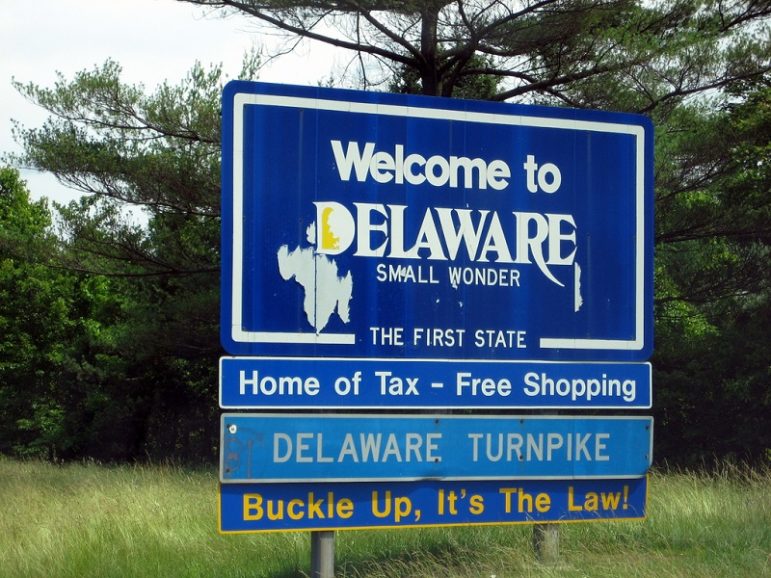
May 21, 2016; Delaware State News/State Capital Daily
In Delaware, only 76 nonprofits are specifically exempt from local property taxes. A number of others don’t pay all of their property taxes. But this makes the First State unusual in that regard.
In most of the 50 states, nonprofits are exempt from state and local property taxes by law, without the need for specifically applying for it once an entity has obtained its IRS 501(c)(3) status. But Delaware exempts nonprofits through legislation specific to individual organizations by granting them exemptions in bills introduced in the General Assembly, according to the Delaware State News.
Since legislators choose which organizations will not have to pay property taxes, they can propose an exemption for a specific nonprofit, typically one in their districts, making the process very political. In most of the other states, with a few exceptions, the exemption is routinely granted under general rules and regulations governing nonprofit corporations.
In Delaware, the burden of obtaining a property tax exemption falls on the nonprofit itself, based on its relationship with the legislator, making such exemptions rather haphazard. The State News says that “not all proposals pass, but the ones that do typically receive no floor votes against.”
Sign up for our free newsletters
Subscribe to NPQ's newsletters to have our top stories delivered directly to your inbox.
By signing up, you agree to our privacy policy and terms of use, and to receive messages from NPQ and our partners.
Since 2009, the state’s legislature has exempted only eight nonprofits, as well as a few community-run swimming pools and land trusts. The list of exempt organizations dates back to the late 1800s—many are local groups, although national organizations like the Salvation Army, American Legion, and Habitat for Humanity are also tax-exempt.
The State News brought attention to the situation because three nonprofits have been proposed for tax-exempt status this year, including an affordable housing developer and a drug treatment facility. And even the exemption’s sponsor told the paper that he is concerned that “too many organizations cleared from having to pay property taxes could backfire.”
Because the exemption process is inherently political, the opportunity for abuse and influence-peddling exists in a way that doesn’t in states where tax-exempt status is routinely granted to bona-fide 501(c)(3)s. The paper points out the common refrain that while “many nonprofits undoubtedly provide valuable services, saving the state and local government from having to spend funds in certain areas…lifting the tax requirement for too many could create trouble for counties and municipalities by limiting their revenue.”
Many cities and towns in Delaware make use of PILOTs,(payments in lieu of taxes) as an alternative to collecting property taxes on real estate owned by tax-exempt organizations. This is a common practice in the eastern U.S., where localities rely heavily on property tax revenues. In some places with a large number of government-owned, tax-exempt buildings, the state offers subsidies to the municipality.
Most states, including Delaware, do not exempt nonprofits from paying sales taxes on the goods and services they purchase, although some give nonprofits breaks or rebates on such taxes, either automatically or through an application process. Municipalities (cities, counties, school districts, townships, etc.) in some states will only exempt non-real estate property, such as office equipment, and some assess property taxes on the portion of real estate not used to further a nonprofit’s mission (e.g., a hospital-owned fitness center open to general membership as well as being used for medical rehabilitation). It’s important for nonprofits to track the laws of their state, and engage in the political process if it is unfortunate enough to be located in a state where exemptions are granted on a case-by-case basis.—Larry Kaplan













